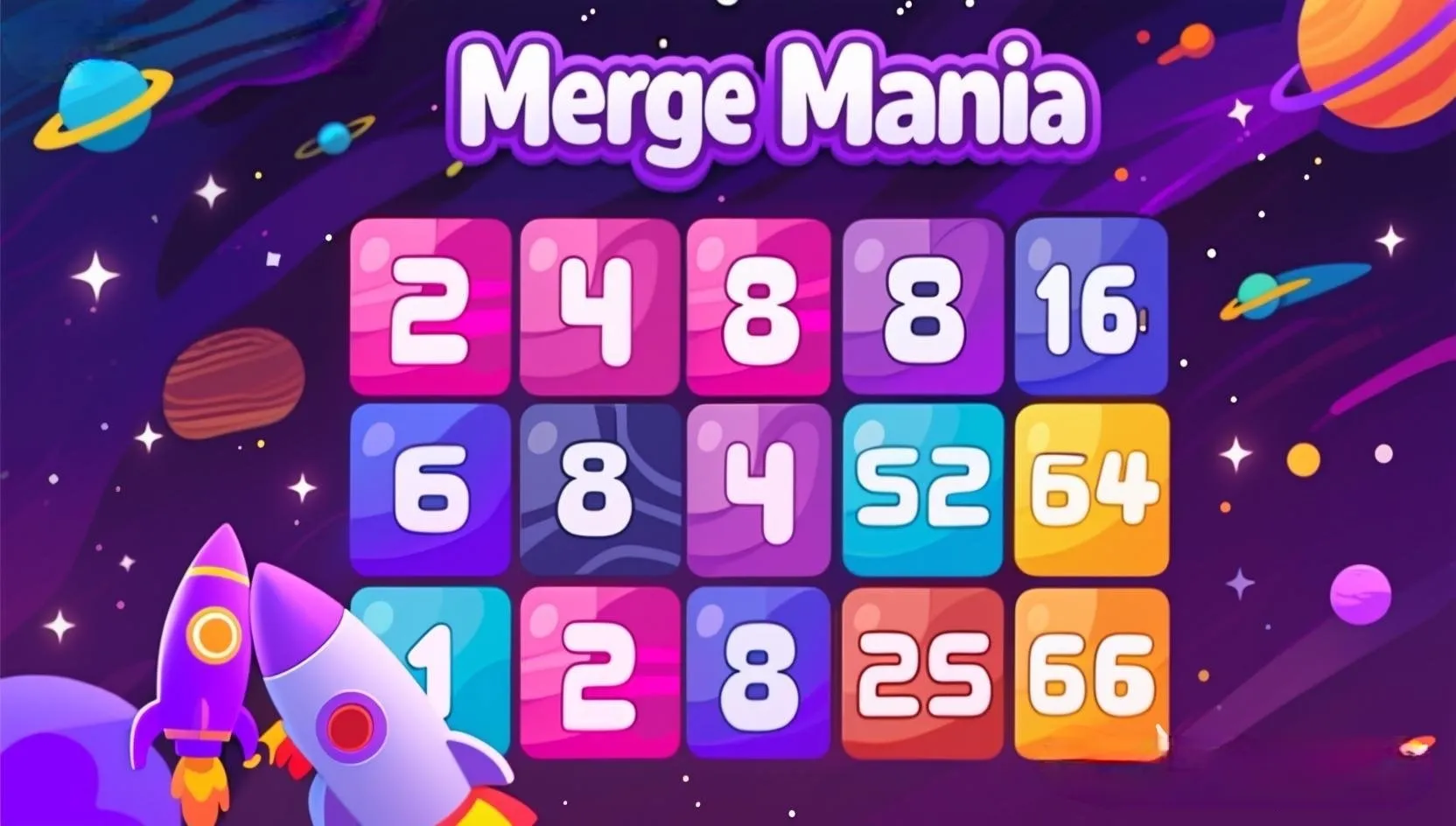Spotify pays streaming royalties using a “pro-rata” model based on an artist’s market share. Each month, revenue from subscriptions and ads is collected into a single, fixed “pot” of money, which is then distributed to rights holders based on their percentage of the platform’s total streams.
Because this pot is fixed, an artist who artificially inflates their numbers through bots would dilute the value of every legitimate stream. This allows them to take a larger share of the pot than they earned, effectively siphoning royalties that should have gone to other artists.
According to Rolling Stone, the lawsuit alleges bot use is a widespread problem on Spotify. However, Drake is the only example named, based on “voluminous information” which the company “knows or should know” that proves a “substantial, non-trivial percentage” of his approximately 37 billion streams were “inauthentic and appeared to be the work of a sprawling network of Bot Accounts.”
The complaint claims this alleged fraudulent activity took place between “January 2022 and September 2025,” with an examination of “abnormal VPN usage” revealing at least 250,000 streams of Drake’s song “No Face” during a four-day period in 2024 were actually from Turkey “but were falsely geomapped through the coordinated use of VPNs to the United Kingdom in [an] attempt to obscure their origins.”
Other notable allegations in the lawsuit are that “a large percentage” of accounts were concentrated in areas where the population could not support such a high volume of streams, including those with “zero residential addresses.” The suit also points to “significant and irregular uptick months” for Drake’s songs long after their release, as well as a “slower and less dramatic” downtick in streams compared to other artists.
Noting a “staggering and irregular” streaming of Drake’s music by individuals, the suit also claims there are a “massive amount of accounts” listening to his songs “23 hours a day.” Less than 2% of those users account for “roughly 15 percent” of his streams.
“Drake’s music accumulated far higher total streams compared to other highly streamed artists, even though those artists had far more ‘users’ than Drake,” the lawsuit concludes.
“We cannot comment on pending litigation,” a Spotify representative said in a statement sent to Consequence. “However, Spotify in no way benefits from the industry-wide challenge of artificial streaming. We heavily invest in always-improving, best-in-class systems to combat it and safeguard artist payouts with strong protections like removing fake streams, withholding royalties, and charging penalties.”
The statement continues, “Our systems are working: In a case from last year, one bad actor was indicted for stealing $10,000,000 from streaming services, only $60,000 of which came from Spotify, proving how effective we are at limiting the impact of artificial streaming on our platform.”
This legal action comes just weeks after a judge threw out Drake’s defamation lawsuit against Universal Music Group, which accused his own label of artificially boosting streams for Kendrick Lamar’s diss track “Not Like Us.”
As mentioned above, Spotify recently implemented a policy against artists using paid third-party services that guarantee streams, which could result in their music being removed from the platform.
The lawsuit is seeking damages in excess of $5 million, estimating that rights holders were defrauded of “hundreds of millions of dollars.” The filing requests that the case be certified as a class action, that Spotify be forced to name other potential victims, and that a jury trial be held to award damages.
RBX is a veteran West Coast gangsta rapper and cousin of Snoop Dogg, who contributed to Dr. Dre’s 1992 classic The Chronic and Snoop’s landmark debut Doggystyle.





